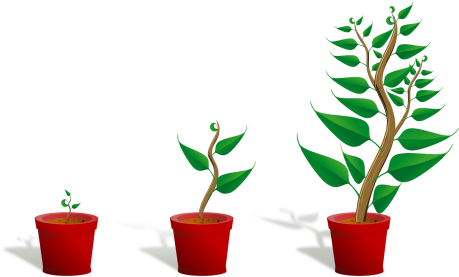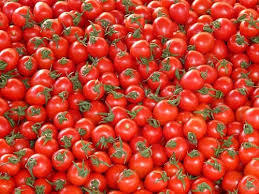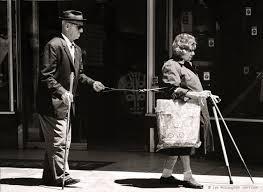When we were a child, we grew up unconsciously – we neither resisted nor purposely accelerated the process (of course, our parents probably did the latter)

When we get older, growth now requires conscious efforts.
And this is probably the reason behind the widespread phenomenon: the older one gets, the more one resists change. Because as we get older, our ability to adapt naturally declines.
Change is a fundamental ingredient of growth. To fear change means to stop growing, to close our mind to a finer reality and to stop getting closer to truth.
Young people, by definition of the word ‘young’, are well equipped for growth.
But why so many of them decide not to grow, by not leaving any room for change?


